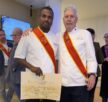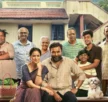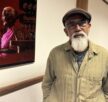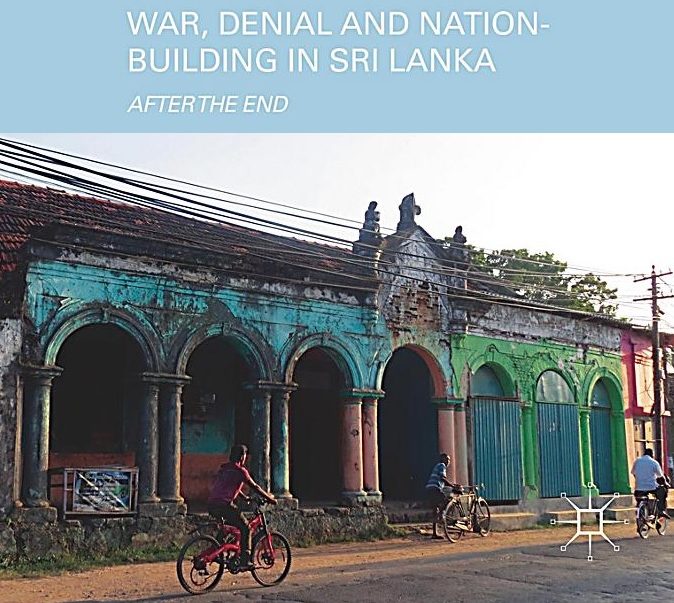
War, Denial and Nation-Building in Sri-Lanka Book launch by Dr Rachel Seoighe

Event Details
-
Address
Middlesex University London The Burroughs London NW4 4BT
View Map -
Date
Friday 20th April 2018
-
Time
17:30 - 20:00
The Department of Criminology and Sociology within The School of Law at Middlesex University London welcomes you to a Book Launch: War, Denial and Nation-Building in Sri-Lanka by Dr Rachel Seoighe
Date: Friday 20 April 2018
Venue: The College Building, Middlesex University, The Burroughs, London, NW4 4BT.
Agenda
17:30 Tea and Registration on 2nd Floor Mezzanine, College Building, 2nd Floor
18:00 Lecture in the Board Room C219-20, College Building, 2nd Floor
19:00-20:00 Light buffet on 2nd Floor Mezzanine, College Building, 2nd Floor
Biography
Dr Rachel Seoighe is a criminologist and socio-legal scholar whose work investigates human rights abuses, power and nationalistic performativity, contemporary detention estates, state terror and resistance, and state-corporate collusion. She has worked extensively on Sri Lanka’s violent repression of the Tamil minority, working within State Crime frameworks. Her current research includes a project on the closure of Holloway Prison and its impact on incarcerated women (with Dr Carly Guest) and a project on the involvement of the Public Relations industry in denying mass atrocity crimes in Sri Lanka (with Dr Thomas McManus).
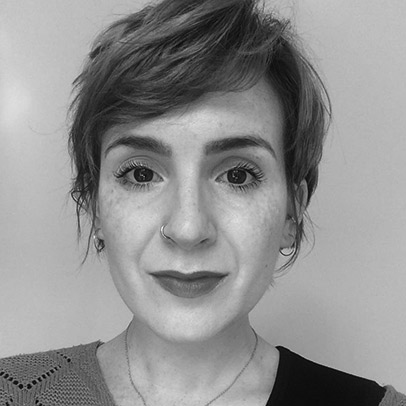
Rachel also writes about postcolonialism and Irish language and culture, the culture of denial within the UK asylum system, with a focus on Tamil asylum applications, and the problematic provision of interpretation services in the criminal court system.
Book link: http://www.springer.com/gb/book/9783319563237
Book information
This book begins from the final, brutal months of the Sri Lankan civil war, explaining how nationalisms shaped discourse and conflict memory through this period of immense violence and into its aftermath. Seoighe offers an analysis of Sri Lanka’s ‘national story’ and its strategic construction by the state. This book examines the political discourse of the former Rajapaksa government, highlighting how fluency in international discourses of counter-terrorism, humanitarianism and the ‘reconciliation’ expected of states transitioning from conflict can be used to conceal and deny state violence.
Drawing on extensive interviews, Seoighe demonstrates how the Rajapaksa government re-narrativised violence through orchestrated techniques of denial and mass ritual discourse. It drew on and perpetuated a heightened majoritarian Sinhala-Buddhist nationalism which consolidated power under Sinhalese political elites, generated minority grievances and, in turn, sustained the repression and dispossession of the Tamil community of the Northeast. A detailed and evocative study, this book will be of special interest to scholars of conflict studies, political violence and critical criminology.


